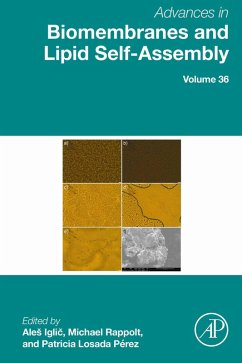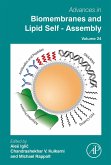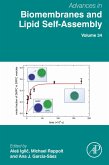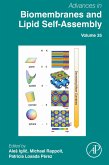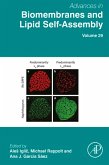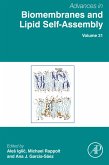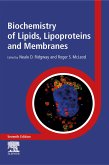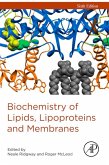Advances in Biomembranes and Lipid Self-Assembly, Volume 36 serial highlights new advances in the field with this new volume presenting interesting chapters. Each chapter is written by an international board of authors.
- Provides the authority and expertise of leading contributors from an international board of authors
- Presents the latest release in Advances in Biomembranes and Lipid Self-Assembly series
- Updated release includes the latest information on Advances in Biomembranes and Lipid Self-Assembly
Dieser Download kann aus rechtlichen Gründen nur mit Rechnungsadresse in A, B, BG, CY, CZ, D, DK, EW, E, FIN, F, GR, HR, H, IRL, I, LT, L, LR, M, NL, PL, P, R, S, SLO, SK ausgeliefert werden.

